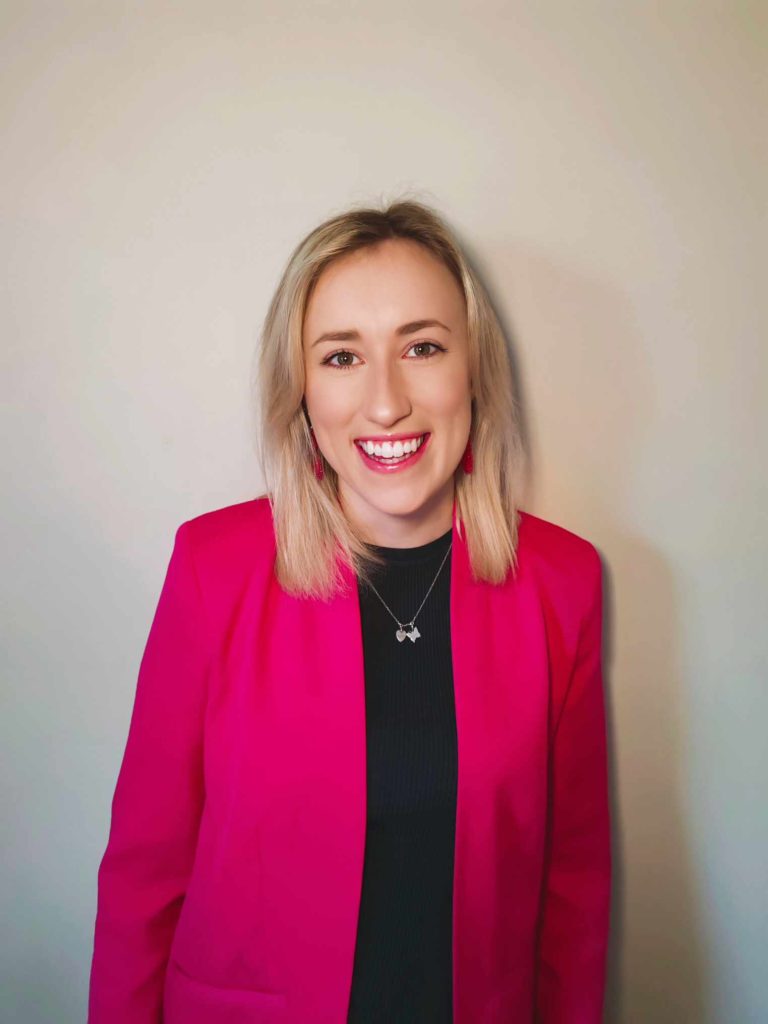As a PhD student at the Penryn Cornwall campus of the University of Exeter, my work focuses on arguably the most pertinent issue facing Western museums in the 21st century—the repatriation of ancestors and belongings from UK museums to Indigenous Nations.
As a child, I was always interested in history and often visited museums and heritage sites. This passion led me to undertake a history degree at Exeter’s Cornwall campus. It was there, during a lecture by Professor Bryony Onciul, Associate Professor of Museology and Heritage Studies, that I first learnt that many ancestors and belongings in museums were stolen. The trust I placed in these institutions gave way to a sense of betrayal and a new resolve: a determination to make a practical impact with my research, to catalyse real change and help museums to return these stolen ancestors and belongings to their homes.
After my undergraduate studies, whilst working in the museums and heritage sector I began researching repatriation during my master’s at the University of Leicester. Here, I studied the potential for democratising the repatriation process. Though the British public largely favoured returning stolen items, the current Conservative government did not. After completing my master’s degree, I realised that the only way to support more of this work to happen in the UK was by undertaking a PhD focused on enabling more museums to engage in repatriation.
My PhD Journey: Unpacking Complexities and Making a Difference
My research examines how to make the repatriation process more anticolonial, how and why museums publicly interpret repatriation, and the broader implications of return —do they lead to further returns and create lasting relationships? What does the act of returning items mean for anticolonial museum practice?
I’ve been honoured to have been invited to speak at a number of international conferences. My recent appointment as the International Repatriation Specialist for the Association on American Indian Affairs is my dream role – developing and implementing their International Repatriation Strategy to support Native Nations secure the return of ancestors and belongings held in European museums.
Encountering and Navigating Challenges
Many British museum professionals are interested in supporting and collaborating on repatriation efforts, but governmental reluctance casts long shadows, raising concerns about funding and legal repercussions. This compels me to advocate for changing policies and creating a culture of caring and respectful museum practice that defers to Indigenous Nations.
Reflecting on Returns and Creating New Pathways
A particularly interesting aspect of my research focuses on what transpires in museums once an item has been returned. Museums respond in different ways—some leaving empty displays to mark the absence, others collaborating with Indigenous artists to fill the space with contemporary pieces. These different approaches point to the complex yet important legacy of repatriation, and how it is interpreted for the public.
Overcoming Personal and Institutional Barriers
Coming from a single parent working-class background, tackling a PhD seemed daunting, and I wasn’t even sure what it entailed. Yet, despite the challenges, or perhaps because of them, I found motivation to push through, driven by the potential impact my research could have.
For anyone from a similar background mulling over a PhD, my advice is straightforward: let your passion guide you, don’t be daunted by the unfamiliar, and embrace the opportunity to make a difference through research.
A Vision Moving Forward
As I continue my work both at Exeter and within the broader museum sector, I keep a firm focus on my ultimate goal: to facilitate the return of more ancestors and belonging and to foster systemic change towards meaningful anticolonial practice within the sector.
The blog post was developed by Jo Sutherst following an interview with Amy Shakespeare.

Amy Shakespeare is an International Repatriation Specialist based in Cornwall, England. She is currently working to develop and implement the Association on American Indian Affairs’ International Repatriation Strategy. As an Arts and Humanities Research Council funded PhD Researcher and Postgraduate Teaching Associate at the University of Exeter, her research aims to enable more European museums to undertake repatriation through more anticolonial processes. She has worked in the museums and heritage sector in the UK for over a decade, for organisations such as the National Trust and the National Lottery Heritage Fund. Following a Smithsonian Fellowship at the National Museum of the American Indian in 2023, Amy founded Routes to Return – a website that aims to open up global networks, share information, and enable international repatriation. She also sits on the board of the Museum Ethnographers Group as their Repatriation Officer, working to support members to build their skills and confidence in undertaking international repatriation
